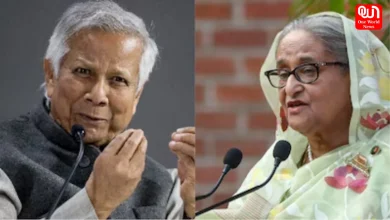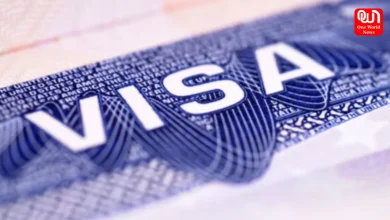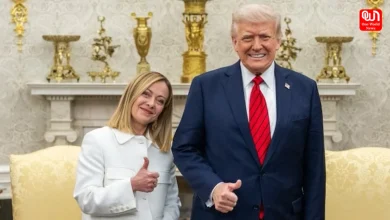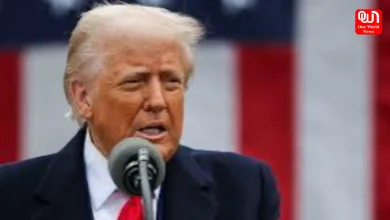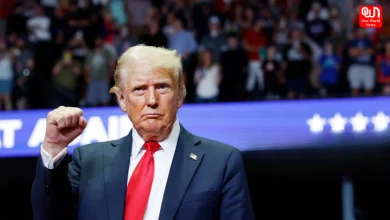Trump Compares Tariffs to Medicine Amid Global Market Turmoil
Donald Trump on proposed tariffs being compared to "medicine" have sent waves through financial markets
Trump Calls Tariffs ‘Medicine’ as Markets Plunge on ‘Black Monday’ Fears
Once again recent announcements from Donald Trump on proposed tariffs being compared to “medicine” have sent waves through financial markets already fearing about another “Black Monday” to be on the anvil. These comments were made during a recent interview defending his economic policies, mainly aggressive tariffs on Chinese goods and other foreign goods that he said would serve as “medicines” for the “sick” American economy.
Trump’s comments found resonance in the backdrop of an almost free fall in global markets with selling of stocks being witnessed across Asia, Europe, and North America. A number of investors had begun to get jittery owing to inflation fears, weakening manufacturing data, and turmoil within the banking sector. Renewed calls from Trump for imposing higher tariffs have also changed the sentiment, especially as markets recall the unrest that spread following the U.S.-China trade war during his administration.
“Sometimes medicine doesn’t taste good,” Trump said; “but it makes you better. Tariffs are the medicine. They may sting a little, but they heal the economy in the long run.” He stated that foreign nations have taken advantage of the U.S. for decades and that only his trade policies will rebalance the scales. Opponents argue that tariffs increase prices for consumers and disrupt global supply chains, which could cost jobs and slow the economy.
The rhetoric was said in truth to be a sore point that could only worsen exporters’ relations with their trading partners and add still more on uncertainty into an already fragile market. The Dow Jones Industrial also slid 800-odd points in response on the same day, and heavy losses were also recorded in the S&P 500 and Nasdaq. Asian and European indexes began to tumble, raising speculation about impending financial punishment for the world.
Economists have made comparisons with market crash histories from the infamous “Black Monday” in October 1987, when the world’s markets witnessed a single-day crash. However, today’s scenario took its toll because of prevailing inflation, higher interest rates, coupled with geopolitical instability, and fear of a cascading market is starting to rear its ugly head.
Trump remains firm that while short-term pain might be the price to pay, it must be paid for long-term economic independence. “If we don’t take a stand now, we’ll be forever dependent on foreign manufacturing and bad trade deals,” he said. He hinted that another round of tariffs, up to 60% on goods from China and possibly from other countries, would be imposed if he were re-elected.
Read More: Jaishankar Counters Yunus, Highlights India’s Longest Bay of Bengal Coastlin
What has been somewhat absent so far is the Biden administration’s response to Trump’s comments, though administration insiders have said that the balancing of trade interests with the integrity of the markets is paramount. In the meantime, market observers expect more volatility as investor sentiment continues to be weighed by the uncertainties of trade policy, interest rates, and global conflict.
As Trump takes the stand and presents a sense of bullishness on trade before the 2024 elections, so too does the economy of this world become muddled in the crossfire of thought and policy between political aesthetics and economic realities—something that many fear may emerge again as yet another dark day for the markets.
We’re now on WhatsApp. Click to join.
Like this post?
Register at One World News to never miss out on videos, celeb interviews, and best reads.


